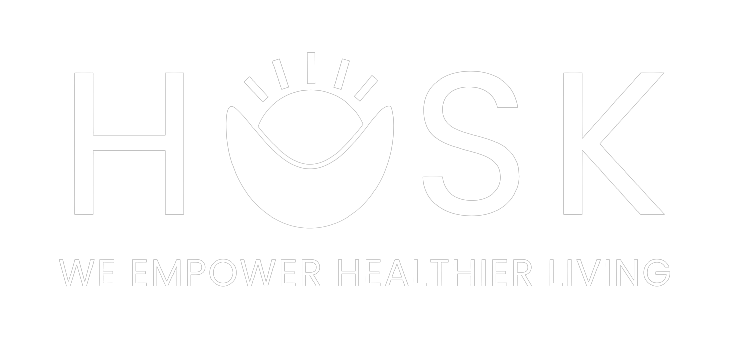
Engaging Millennials in the Workforce
In a recent report from Blue Cross Blue Shield, The Health of America Report® titled The Health of Millennials, the healthcare giant discovered some startling statistics that may have a significant influence on the future of your organization. For example, BCBS found that one third of Millennials have health conditions that directly impact their day-to-day lives, namely behavioral health issues such as depression, hyperactivity, and Type II Diabetes. Today’s Millennials are less healthy than Gen Xers were at the same age, and by 2021 they will make up 50% of our workforce.1
This generation values different aspects of a benefits package than generations before them. Wellness programs featuring incentives and reimbursements for fitness and mindfulness, healthy eating solutions, flexible schedules, and a focus on work/life balance are crucial in attracting and retaining Millennials. In the focus sessions that were conducted for this report, participants stated that “[E]mployers who offer good health benefits and wellness programs are viewed as being invested in and caring for their employees.”1
The Millennial population is infamous for not being able to commit to things- we’re getting married later in life, renting more homes than buying, having less children, and leasing more cars than any other generation. It makes sense then that 37% of this generation do not have a Primary Care Physician and rely on digital healthcare options and urgent care for the convenience.2
Now that we know a little more about Millennial heath and preferences, what can an organization do to support them?
- Get with the times- We can schedule a car ride, get food delivered, and buy anything in the world with a tap of a few buttons; healthcare needs to be the same. Since Millennials make decisions based on convenience, meet them where they are: in an app and text messages.
- Personalize communications- In a world of mass communications, it’s time to focus on authenticity. The key to engaging Millennials is individualizing communications to their needs and connecting as people, not as corporate healthcare representatives.
- Education is crucial- There is so much information available through the internet that it can be overwhelming, conflicting, and confusing. Take the time to educate Millennial employees about their specific benefits, what they mean, and how to use them.
- Focus on mental health- Major behavioral health issues have risen dramatically in this population. Make sure your benefits for mental health related services are top notch so that Millennials know you recognize and care about their struggles.
- Address risk factors- With Diabetes, hypertension, tobacco use, major depression, and high cholesterol being prevalent among this generation, you need to be offering benefits that focus on risk prevention.2 Activity and fitness reimbursement/reward programs, smoking cessation, and mindfulness apps will go a long way in attracting and retaining Millennial rock stars.
- Give options- Alternative treatments and multi-dimensional care are important to them. Options like chiropractors, dietitians, meditation and more are being prioritized over traditional doctor visits.
Sources:
- https://www.bcbs.com/smarter-better-healthcare/article/millennial-health-engaging-and-empowering-generation-work
- https://www.bcbs.com/smarter-better-healthcare/article/taking-digital-approach-millennial-health
SOURCES:
